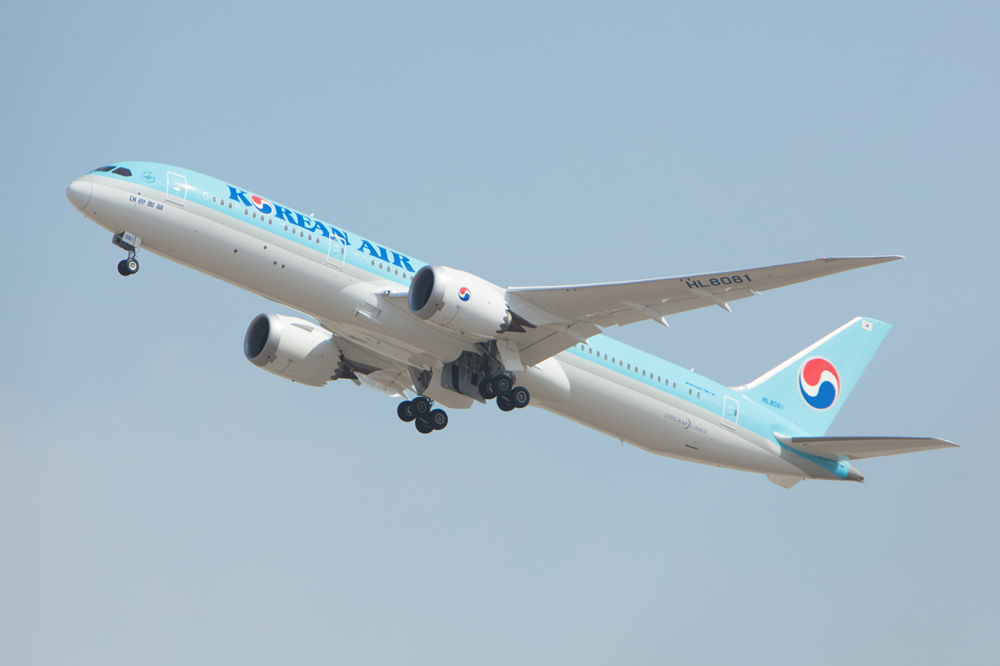A fire incident aboard a parked Ethiopian Airlines’ 787 on Friday closed London’s Heathrow airport, for more than an hour.
The plane was remotely parked for eight hours after a flight and there were no passengers on board and there are no reported injuries, however the news is a blow to Boeing after two battery related incidents, including a fire, grounded the plane earlier this year.
But while the focus initially will be on the plane’s electrical systems it is more likely that is has been caused by something totally unrelated such as a cigarette left by a cleaner or a short circuit.
Paul Hayes, director of air safety at Ascend, a British aviation consulting firm told the Wall Street Journal that one plane is lost on the ground to an electrical fire every five years.
Mr. Hayes told the Wall Street Journal that several incidents were suspected to have started after a cleaner or ground worker furtively smoked on a parked plane and then failed to fully extinguish the cigarette.
In a statement on Twitter, Boeing said: “We’re aware of the 787 event @HeathrowAirport and have Boeing personnel there. We’re working to fully understand and address this.”
Boeing has delivered 66 787s and has orders for 930 planes.
The incident sent the manufacturer’s stock tumbling more than 7 percent after news of the incident but recovered later in the day to be off 4.7 percent.
The 787 is crammed with innovations including more electric systems rather than the traditional pneumatic systems that do not rely on bleed air from the engines.
The 787 has in all six electrical power generators and these provide power to the plane’s electrical systems in flight, including the flight deck displays, flight controls and in-flight entertainment. The system is more efficient because it reduces the drag on the engines.
However, New York based Bernstein Research, one of the industry’s foremost analysts, says that the fire damage appears to be near the vertical stabilizer, on the left side of the top of the 787 and as such should have very little connection to electrical systems.
While it is unclear what the cause of the fire is Bernstein says that it believes that there is no connection between the fire and the battery issues of the past.
“Because it appears that the 787 fire is not related to the battery, we believe it is likely that this is a one-off problem that certainly must be addressed, but does not pose a risk to the overall program,” said Bernstein.
Investigators from the United Kingdom’s Air Accidents Investigation Branch and the US National Transportation Safety Board will be looking into the incident.























